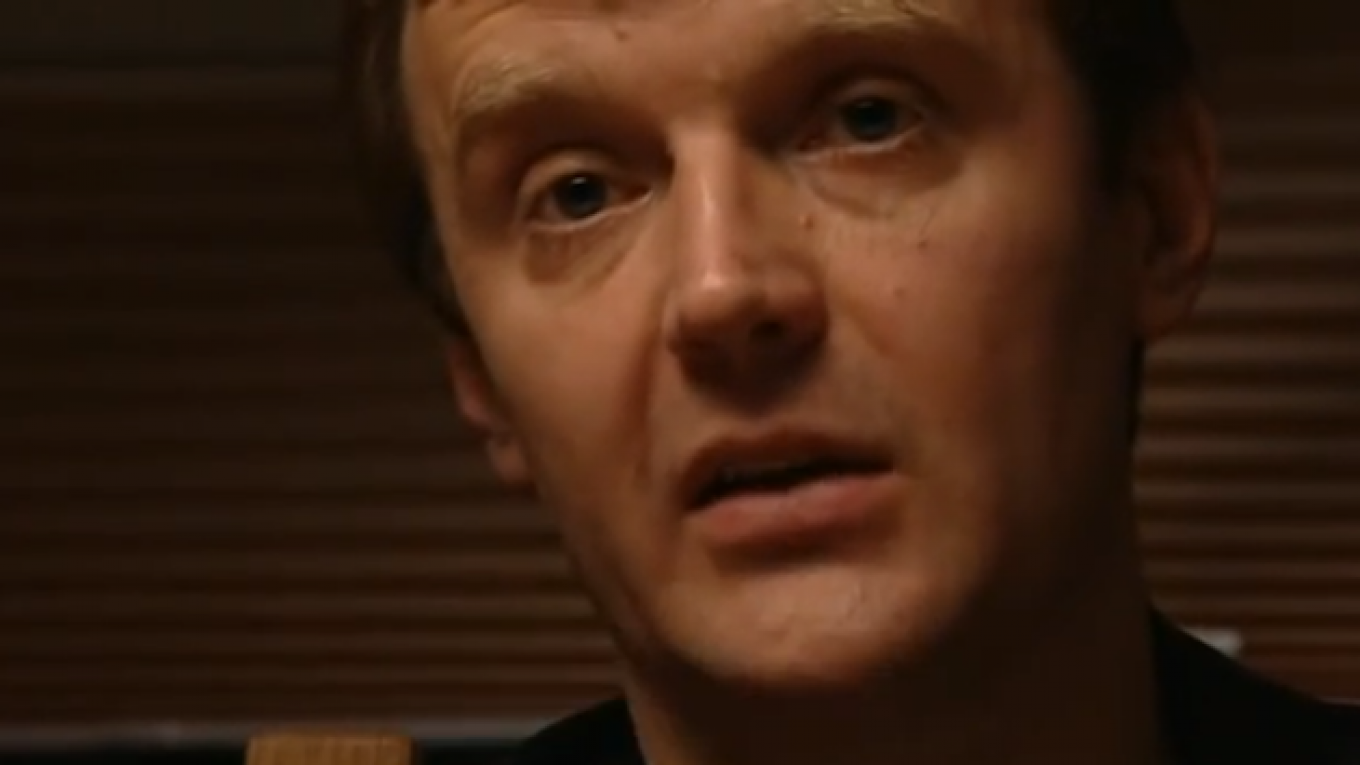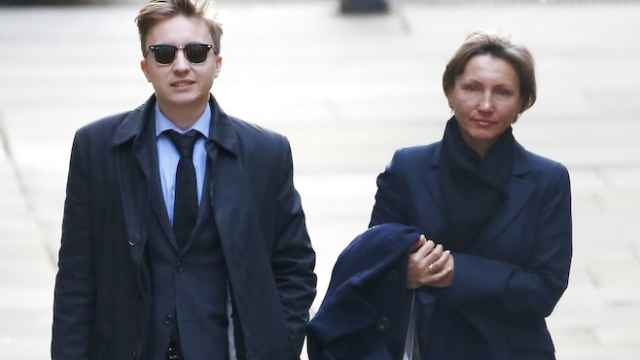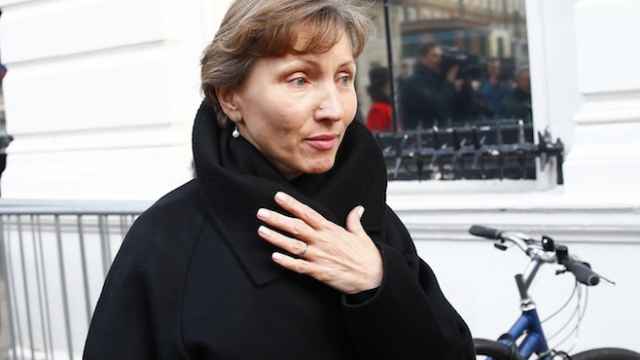One of two Russians accused of poisoning former KGB spy Alexander Litvinenko with a radioactive isotope in London in 2006 is willing to give evidence to a public inquiry, a lawyer for the inquiry said Thursday.
British authorities believe Kremlin critic Litvinenko was poisoned with green tea laced with polonium-210 at the Millennium Hotel in central London on Nov. 1 2006, during a meeting with the two men, Andrei Lugoyov and Dmitry Kovtun.
The Kremlin has always denied involvement, as have Lugoyov and Kovtun, whom Russia has refused to extradite.
Robin Tam, counsel for the public inquiry into Litvinenko's murder, told the inquiry that a man giving his name as Dmitry Kovtun had been in contact with the inquiry and said he was willing to give evidence by video link.
It was not yet clear on what terms Kovtun wished to give evidence and when it would happen, according to a transcript of Thursday's hearing circulated to media by inquiry staff.
"There are clearly a number of further steps that need to be taken regarding this matter," Tam told the inquiry.
"It is not yet apparent whether Mr Kovtun intends to instruct legal representatives. [A lawyer for the inquiry] has asked him to supply a detailed witness statement but has not yet received such a document," he said.
The fallout from Litvinenko's murder chilled Anglo-Russian relations to a post-Cold War low.
As ties improved, Britain rejected holding an inquiry in 2013. But with relations subsequently soured by the Ukraine crisis, the British government changed its mind last July.
A Message from The Moscow Times:
Dear readers,
We are facing unprecedented challenges. Russia's Prosecutor General's Office has designated The Moscow Times as an "undesirable" organization, criminalizing our work and putting our staff at risk of prosecution. This follows our earlier unjust labeling as a "foreign agent."
These actions are direct attempts to silence independent journalism in Russia. The authorities claim our work "discredits the decisions of the Russian leadership." We see things differently: we strive to provide accurate, unbiased reporting on Russia.
We, the journalists of The Moscow Times, refuse to be silenced. But to continue our work, we need your help.
Your support, no matter how small, makes a world of difference. If you can, please support us monthly starting from just $2. It's quick to set up, and every contribution makes a significant impact.
By supporting The Moscow Times, you're defending open, independent journalism in the face of repression. Thank you for standing with us.
Remind me later.






